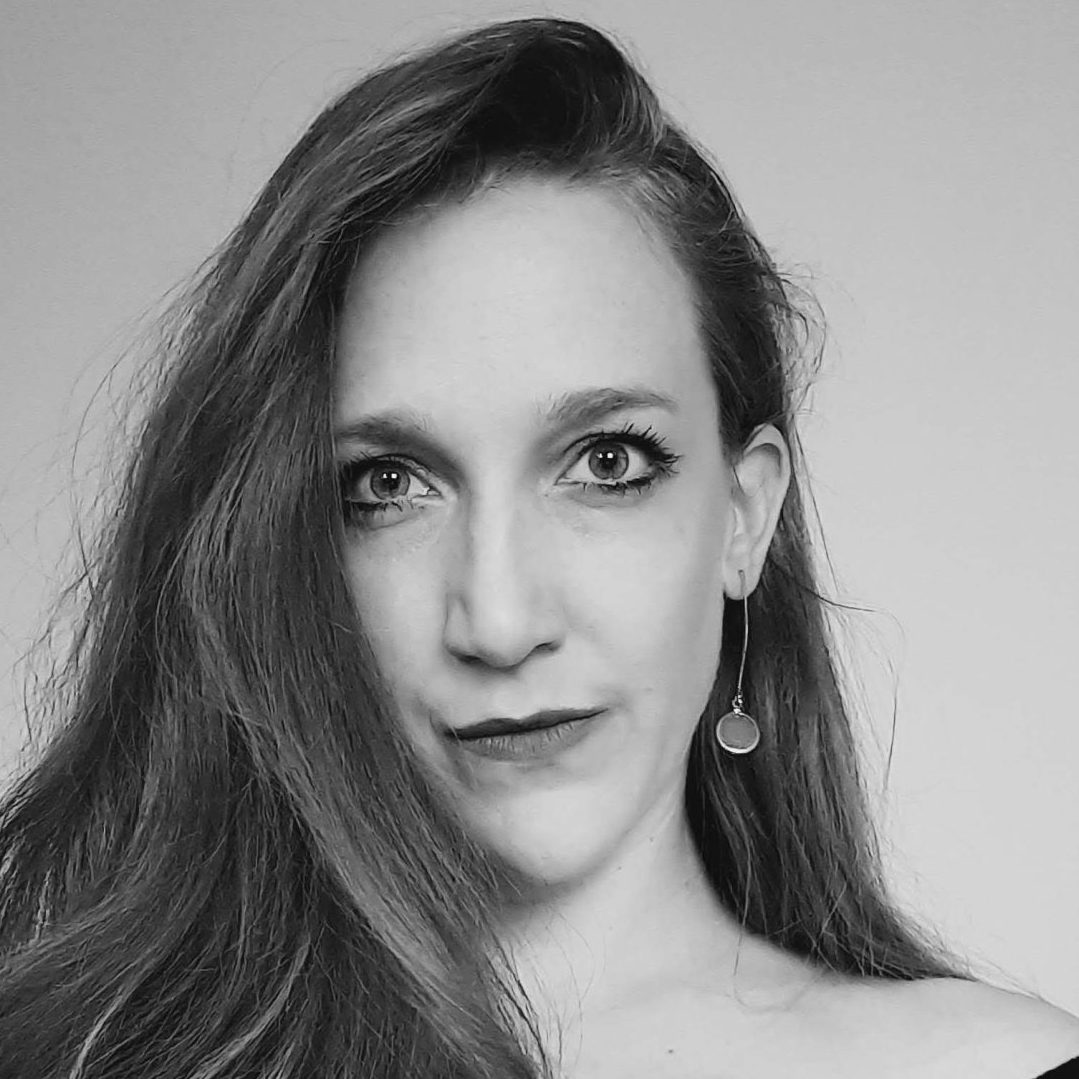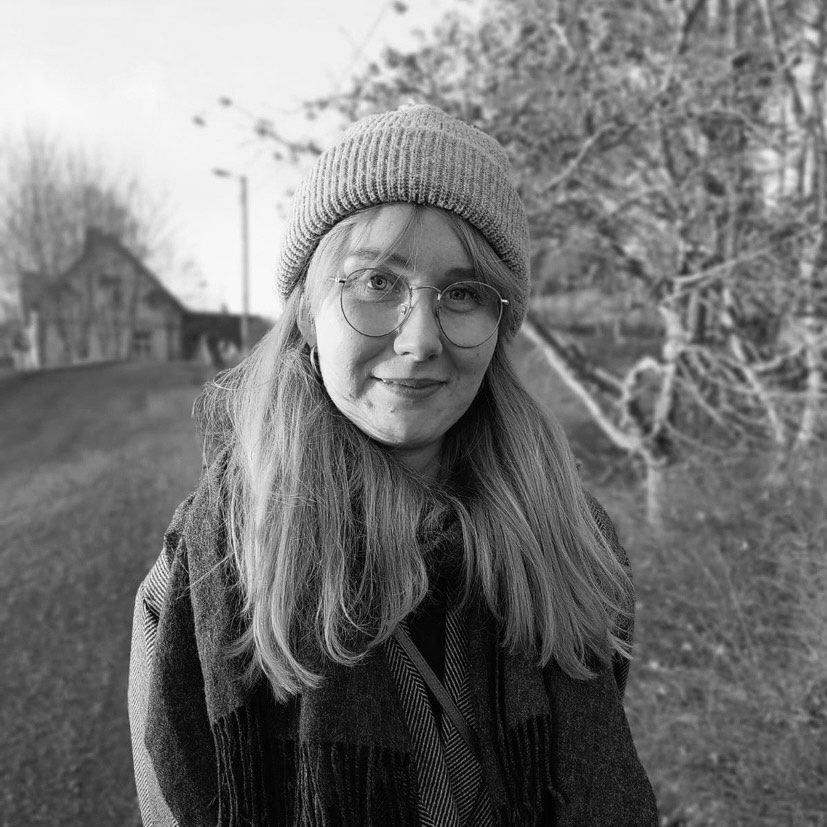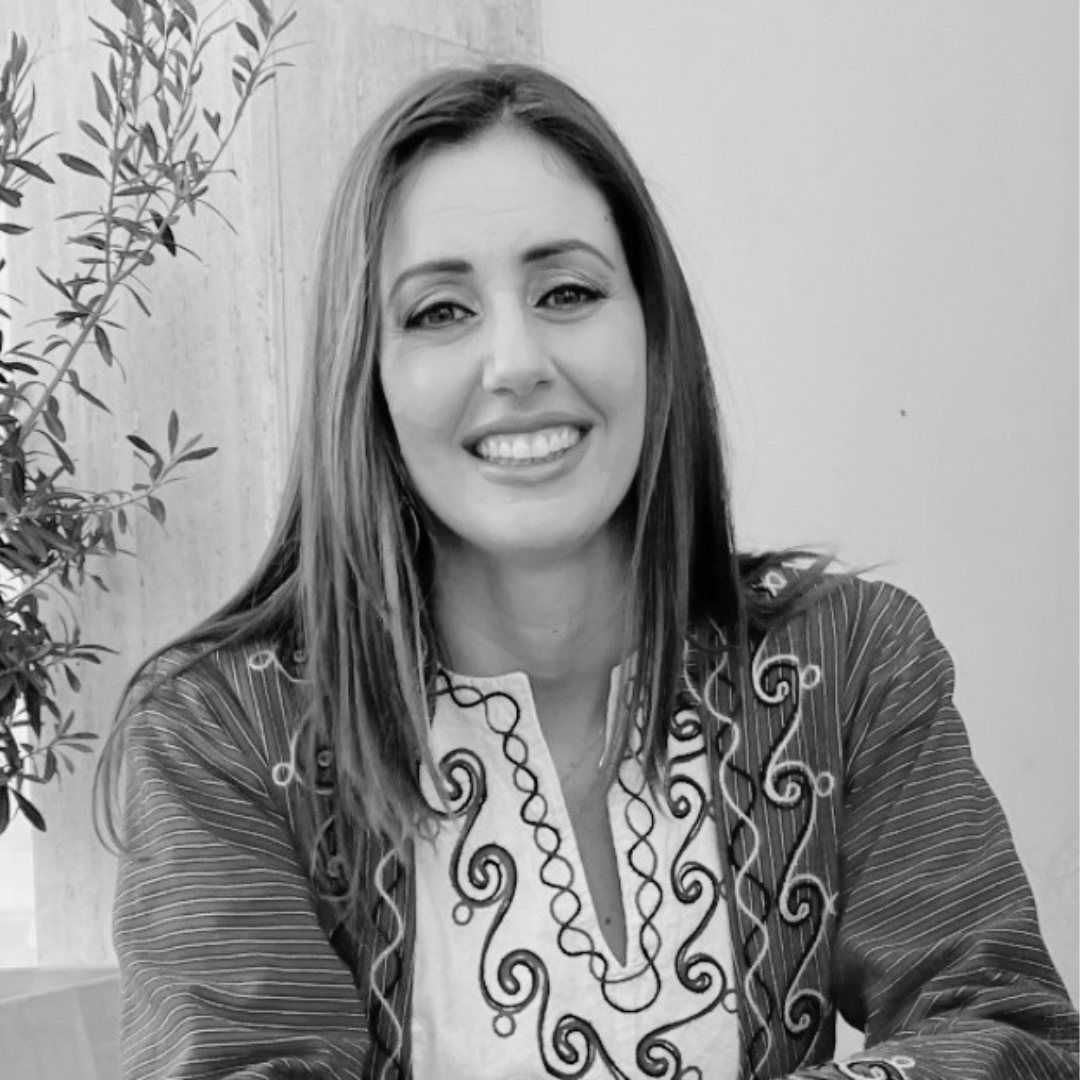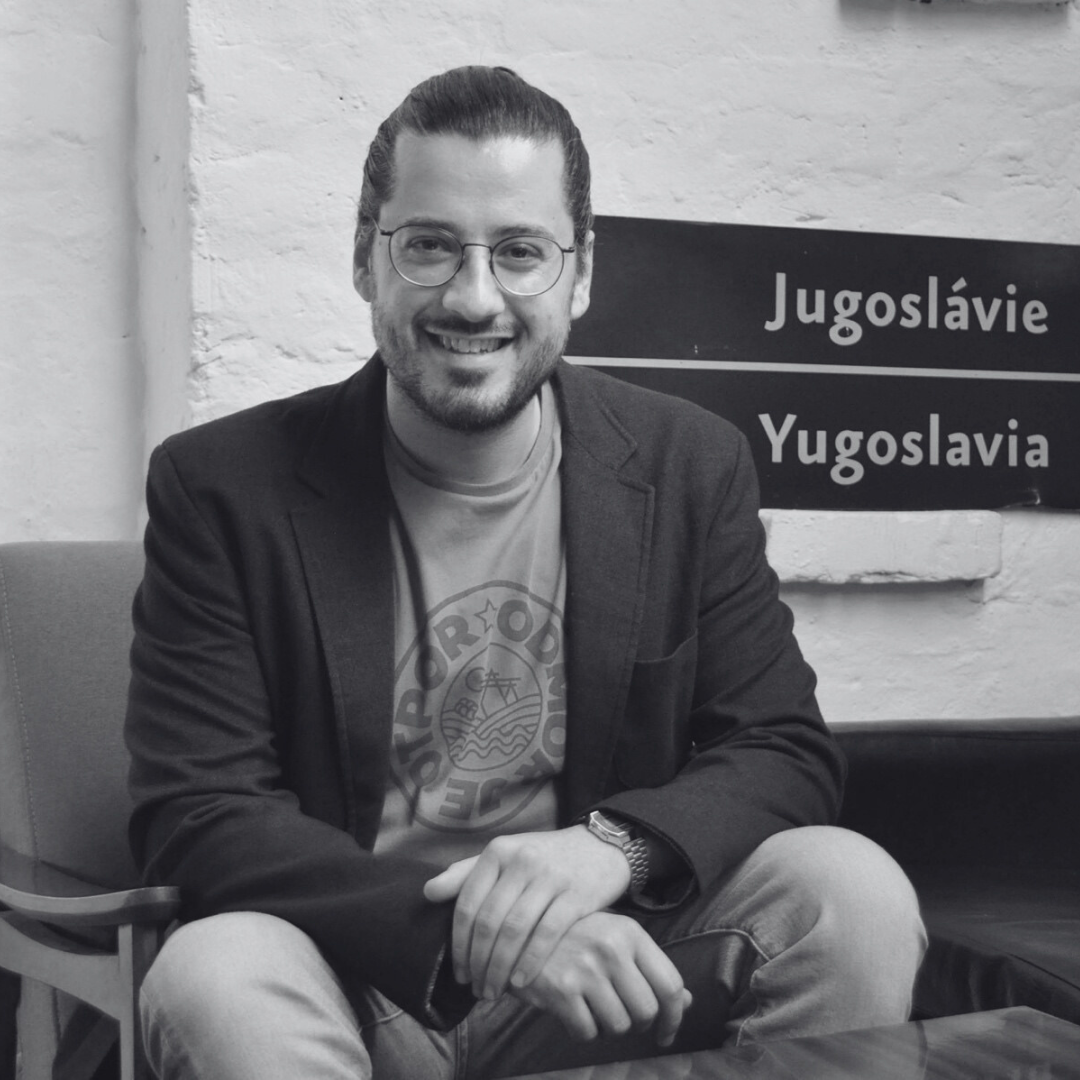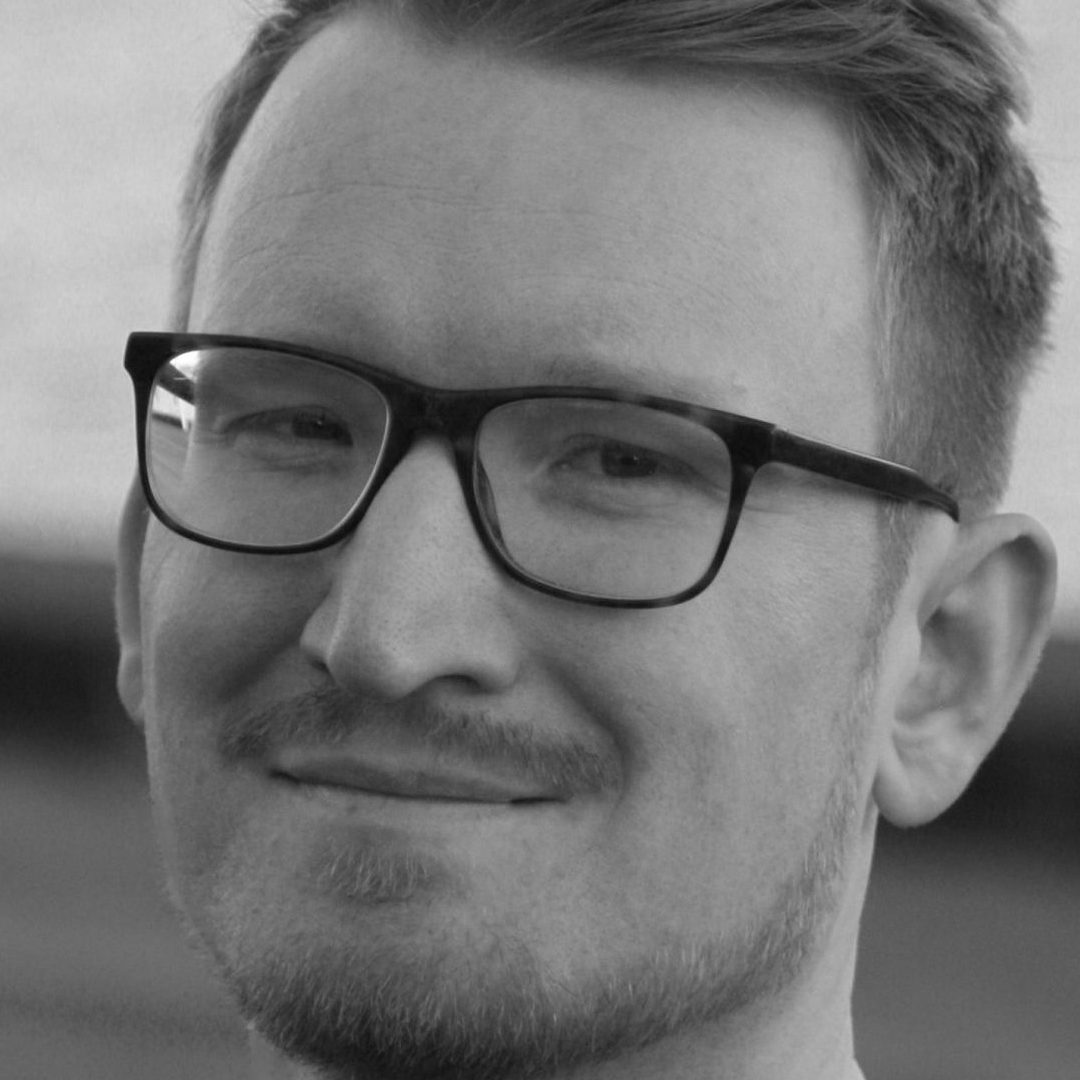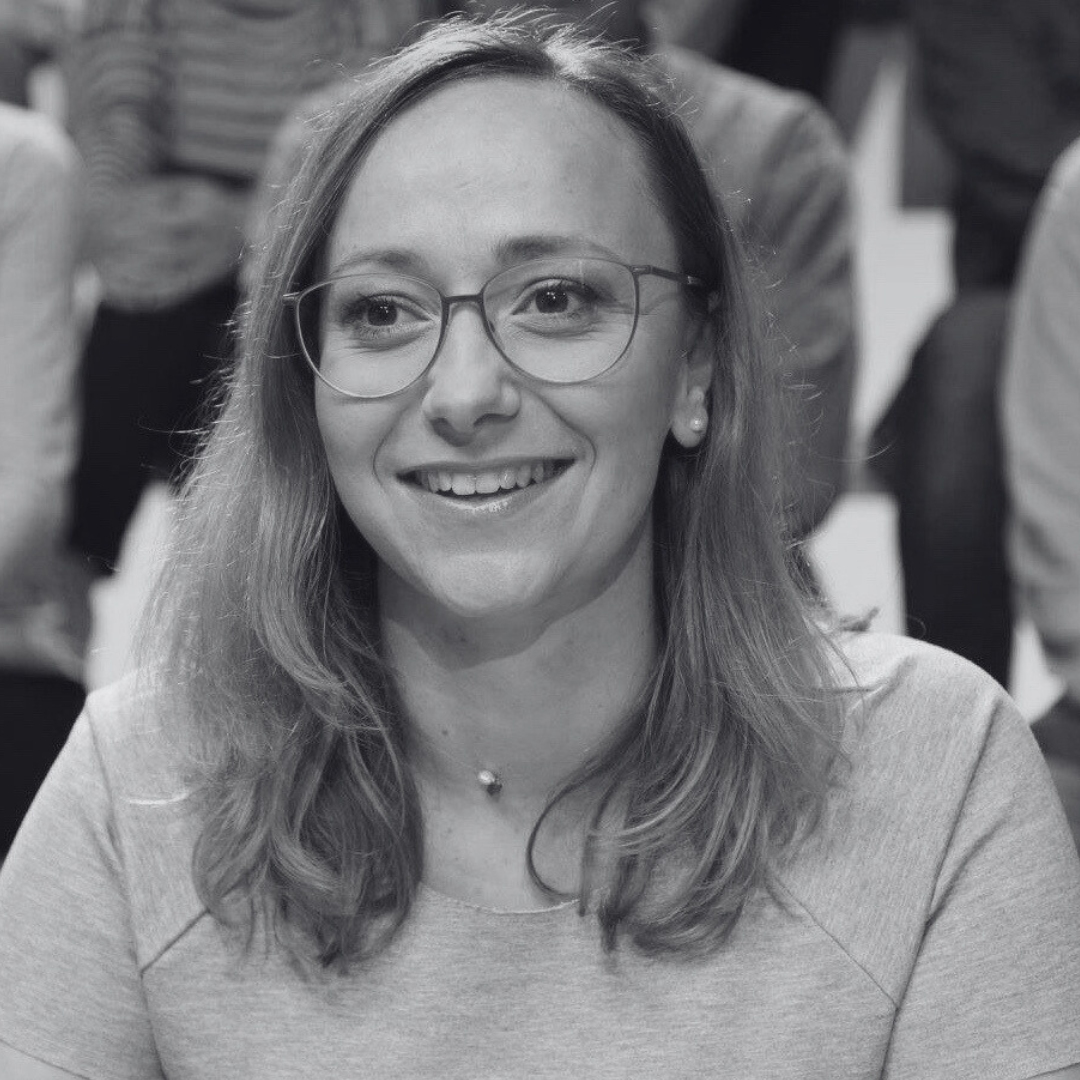Research Fellows
Research Fellows are independent researchers and PhD students from different disicplines and backgrounds, working in the field of history education. They are given a grant as well as training to do research with EuroClio. The research fellows help make sure that EuroClio's projects and measures are evidence-based and target the actual needs and priorities of European history educators.
What is the role of the Fellows?
- Conduct research in line with EuroClio's work and mission.
- Share their results within EuroClio's network.
- Share and publish their results in academic and non-academic outlets.
- Inform the work of EuroClio.
- Bring their own perspectives and experiences to the network.
 About
AboutNena Mocnik
Nena Mocnik
Nena Mocnik is a Marie Skłodowska-Curie fellow at GRITIM-UPF Barcelona as well as a Digital Humanism Fellow at IWM Vienna, where her current participatory action research aims to provide reproductive health-related information for forcibly displaced mothers in Europe. As a researcher, educator and community worker, her interests lie in collective traumas, collective identity (gender) violence, art-based sociotherapy and how drama and theatre can be used to facilitate deeper understanding and engagement in studies on collective trauma and embodied memory. She is the author of two monographs: "Sexuality after War Rape: From Narrative to Embodied Research" (2017) and "Trauma Transmission and Sexual Violence: Reconciliation and Peacebuilding in Post-Conflict Settings" (2021) and has been editor-in-chief of a third "The Cost of Bearing Witness: Secondary Trauma and Self-Care in Fieldwork-Based Social Research'' (2020; 2024). Since 2018, she has collaborated with EuroClio as a project advisor, sparking her interest in trauma-informed history education and its impact on current sociopolitical dynamics. This led her to initiate and coordinate the project #Never Again: Teaching Transmission of Trauma and Remembrance through Experiential Learning”, which resulted in the design of a video game and the edited book Engaging with Historical Traumas: Experiential Learning and Pedagogies of Resilience" (2021). About
AboutTanja Kohvakka
Tanja Kohvakka
Tanja Kohvakka is a doctoral researcher at the Åbo Akademi University in Finland. Applying a multidisciplinary approach, her dissertation examines the representation of minorities in history education in Finland. She holds an MA in human rights and democracy (Global Campus for Human Rights) and international politics (University of Tampere). Her MA thesis examined the connection between human rights and history education as well as the role of history teachers in transforming history education in Bosnia-Herzegovina. She has published peer-reviewed articles about history education in international and regional academic journals and popularised articles. Her research interests are textbook research, multiperspectivity, critical multicultural education, and grassroots practices in history education. About
AboutMelina Foris
Melina Foris
Dr Melina Foris was born and raised in Nicosia, Cyprus. She holds a Bachelor's in History, the University of Athens, Greece; a Master of Arts in History from McMaster University, Canada; a Master of Science in Educational Research from King’s University, UK; and a Ph.D. from the Department of Curriculum, Pedagogy and Assessment, Institute of Education, UCL, UK. She is interested in exploring history education in conflict-ridden societies and in how memories and beliefs about sensitive issues and troubled events of the past are conveyed through intergenerational narratives. Over the years, she has been involved with EuroClio, taking part in a variety of projects and training events. About
AboutRodoljub Jovanović
Rodoljub Jovanović
Rodoljub Jovanović holds a PhD in Human Rights: Ethical, Social and Political Challenges (Conflict and Cultures of Peace) from the University of Deusto, Basque Country, Spain. His research takes an interdisciplinary perspective, combining insights from social psychology, political science, and education to explore issues such as history education, inter-group processes and youth in post-conflict societies. His recent publications include Reaching Peace by Teaching the War: How History Teachers in Kosovo Teach About the Kosovo War? (2022); The Next Generation: Nationalism and Violence in the Narratives of Serbian Students on the Break-up of Yugoslavia (Studies in Ethnicity and Nationalism, 2022); Controversy in The Classroom: How History Teachers in The Western Balkans Approach Difficult Topics? (Journal of Curriculum Studies, 2020). He is currently involved in the United Nations International Residual Mechanism for Criminal Tribunals (UN IRMCT) outreach program. About
AboutJan-Christian Wilkening
Jan-Christian Wilkening
Jan-Christian Wilkening is working as a research assistant in the Department of History Education at the University of Cologne. He is a PhD candidate writing his thesis on “Historical Thinking and Learning of Students with Intellectual Disabilities: Participatory Practices of an Inclusive History Education”. As part of a scholarship funded by the German Academic Exchange Service (DAAD), he spent time at Indiana University (USA) during his PhD. He is receiving the HISTOLAB Fellowship sponsored by the Council of Europe to research pathways towards a more inclusive public history. Jan-Christian‘s research primarily focuses on inclusive history education, public history, and historical thinking. About
AboutDea Marić
Dea Marić
Dea Marić teaches graduate-level courses on History Teaching at the Faculty of Humanities and Social Sciences, University of Zagreb. She is a PhD candidate at the same institution, and her proposed doctoral research deals with youth representations of national history. Her main research interest is the social role of history education in the context of post-conflict societies. She was a stipend of the Georg Eckert Institute for International Textbook Research and of the German Federal Agency for Civic Education. She is a board member of the Croatian History Teachers Association and an active member of the European History Educators Association (EUROCLIO). About
AboutDuarte Nuno Duarte
Duarte Nuno Duarte
Duarte Nuno Duarte is a PhD candidate in Education Sciences at the Faculty of Psychology and Education Sciences of the University of Porto (FPCEUP) and a researcher at the Centre for Research and Intervention in Education (CIIE), based at FPCEUP. His doctoral project, which addresses the relationship between access to pedagogic rights and school success, is funded by the European Union, through the European Social Fund, and by national funds, through the Fundação para a Ciência e a Tecnologia, I.P (FCT). He has a master’s degree in History Teaching in the 3rd cycle of Basic Education and in Secondary Education and a degree in History with a minor in Geography from the Faculty of Arts and Humanities of the University of Porto (FLUP). He has been a history teacher in secondary education and a research fellow within the scope of the project ‘HistoMap - Mapping Historical Education in Portugal’, hosted by the CIIE at FPCEUP. His areas of research interest include history education, historical thinking, teachers' education, social and educational inequalities, pedagogic rights, school success, sociology of education, sociology of knowledge, curriculum studies, learning theories, and democracy in education. He has published articles in international journals related to curricular and pedagogical approaches in education, pedagogic rights, and history education. About
AboutWouter Smets
Wouter Smets
Wouter Smets lectures instructional design and social sciences didactics at the Erasmus University Rotterdam [The Netherlands] and at Karel de Grote University of applied sciences [Antwerp, Belgium]. He combines a master in history and a PhD in educational sciences. He was a history and citizenship education teacher in secondary education, and now trains future teachers in de field of social sciences [history, citizenship education, philosophy,...]. Smets works often in multicultural urban settings, and leads diverse national and international projects with pre- and in-service teachers to increase equity in their classroom. As a researcher he is interested in the challenges and chances of teaching social sciences in heterogeneous settings. His research focusses primarily on social sciences teachers' instructional design. Smets focusses on questions related to curriculum, learning materials and teaching strategies in heterogeneous settings. A recurrent issue in all his work is focused on supporting teachers’ professional development, aiming to use and valorize heterogeneity as a chance for learning. About
AboutVincent Gabriel
Vincent Gabriel
Vincent Gabriel is teaching assistant and PhD student at the UCLouvain Centre d’études des crises et des conflits internationaux. He holds a master's degree in history and international relations and is currently working on how history teachers approach contested (hi)stories in Belgium. After five years as a secondary school teacher, he now teaches the history of international relations, contemporary history and geopolitics. He also produces a weekly podcast explaining international current affairs, 20 minutes pour comprendre.

